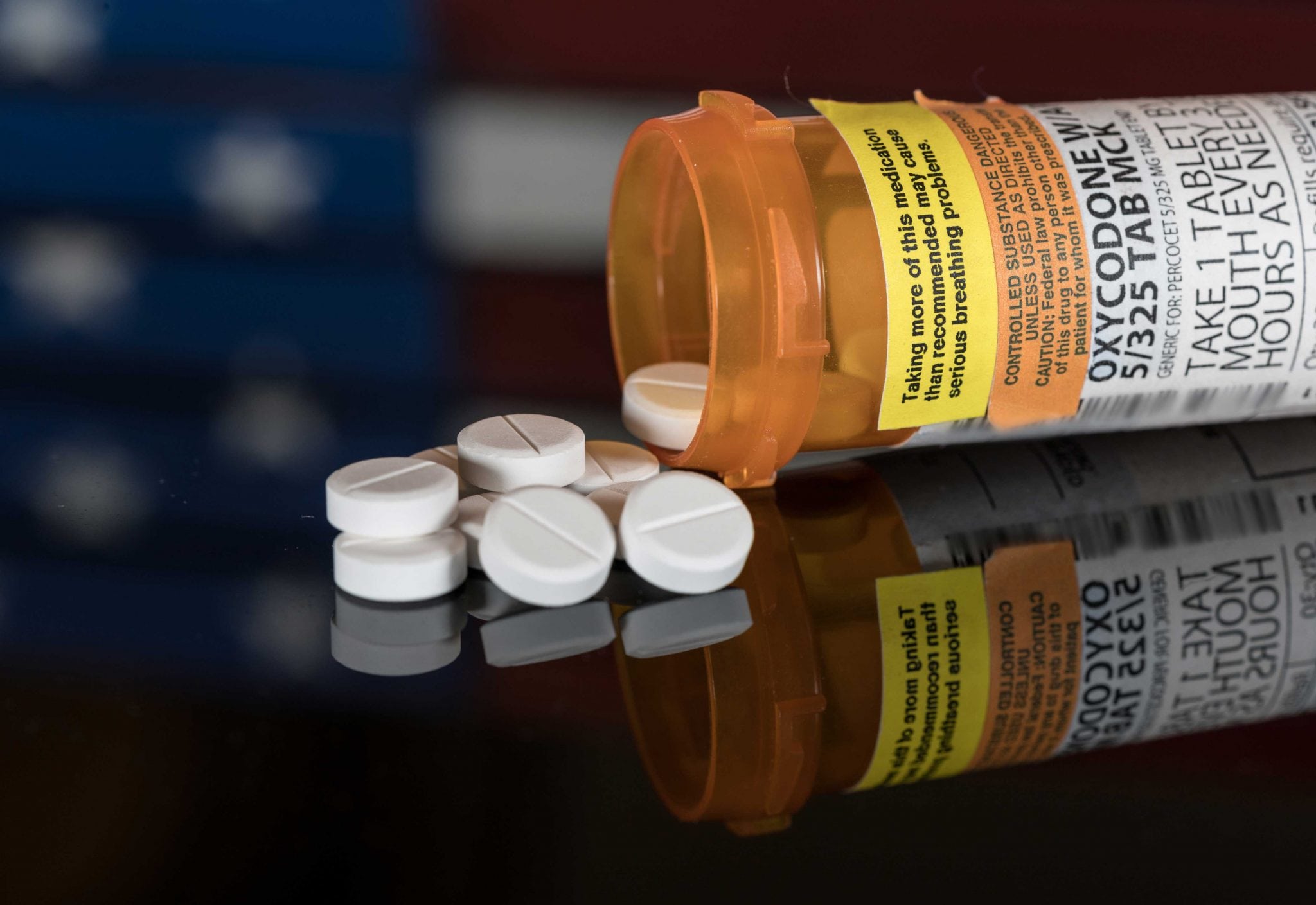<< Back
As Opioid Overdose Deaths Surge, Outreach Programs Lag: Some Options

March 12, 2021
The disheartening truth is that opioid overdose deaths in Connecticut hit a record high in 2019. In 2020, overdose deaths were at least 13 percent higher.
Despite numerous programs designed to help those suffering from opioid addiction, the number of people actually seeking treatment remains low. That’s the frustrating part, said Dr. J. Craig Allen, Rushford medical director and Hartford HealthCare Behavioral Health Network vice president of addiction services.
“We have 15 clinics that do medication-assisted treatment for opioid use disorders, other substance use disorders and co-occurring disorders,” he said. “All of those clinics have openings. How can that be? We have this increase in opioid overdoses — how can our programs not be full?”
That was one of the main questions addressed during a recent opioid crisis roundtable hosted by U.S. Sen. Richard Blumenthal. The senator has made the recent surge of opioid overdoses a top priority, and the discussion with healthcare providers across the state focused on what new innovative strategies are being used to reach those in need, and quell the spike in overdose deaths.
“We do in-person as well as virtual care. People just need to have a telephone to be able to connect with us,” said Dr. Allen. “We need to reach out to people, we need to do a better job connecting with people where they are at, in order to engage those who are not here in our programs.”
According to Dr. Allen, the work is identifying those in need, and then starting treatment as soon as possible.
“All of our emergency rooms can identify someone with opioid use disorder and offer them induction, which is starting them on the medication and transition to a BHN or other community program,” he said. “We are working on getting our inpatient units to be able to identify and start people on treatment as well. The problem is not identifying someone with opioid use disorder and missing the opportunity to help.”
But what about those who don’t want to go to the emergency room? What about people who overdose in the community or are identified by first responders and say they don’t want treatment, and opt not to go to the hospital?
“Those people are at particularly high risk of dying because once you overdose, your chances of overdosing again and dying from an overdose skyrocket,” said Dr. Allen.
This is where the Meriden Opioid Referral for Recovery Program (MORR) program steps in to help. The MORR program empowers first responders to connect overdose victims with a team for a follow-up assessment, clinical treatment and case management services. Just because some people don’t want help for their addiction doesn’t mean they don’t want help of some sort.
Perhaps clients need help with finding a place to stay, being able to consistently get a meal or help navigating the Department of Social Services. Over the past year, roughly 100 people working with the MORR program have found their way to treatment. This has helped spawn similar programs across the state, including ones at The Hospital of Central Connecticut and Charlotte Hungerford Hospital.
The ability to reproduce or expand on successful programs across the state is what makes roundtables between both healthcare providers and legislators so important.
“People are always looking for ways to partner, to connect, work together and coordinate,” Dr. Allen said. “What Sen. Blumenthal does is to try to ensure that the legislation proposing he is fighting for at the federal level supports what we need to get done here in Connecticut.”